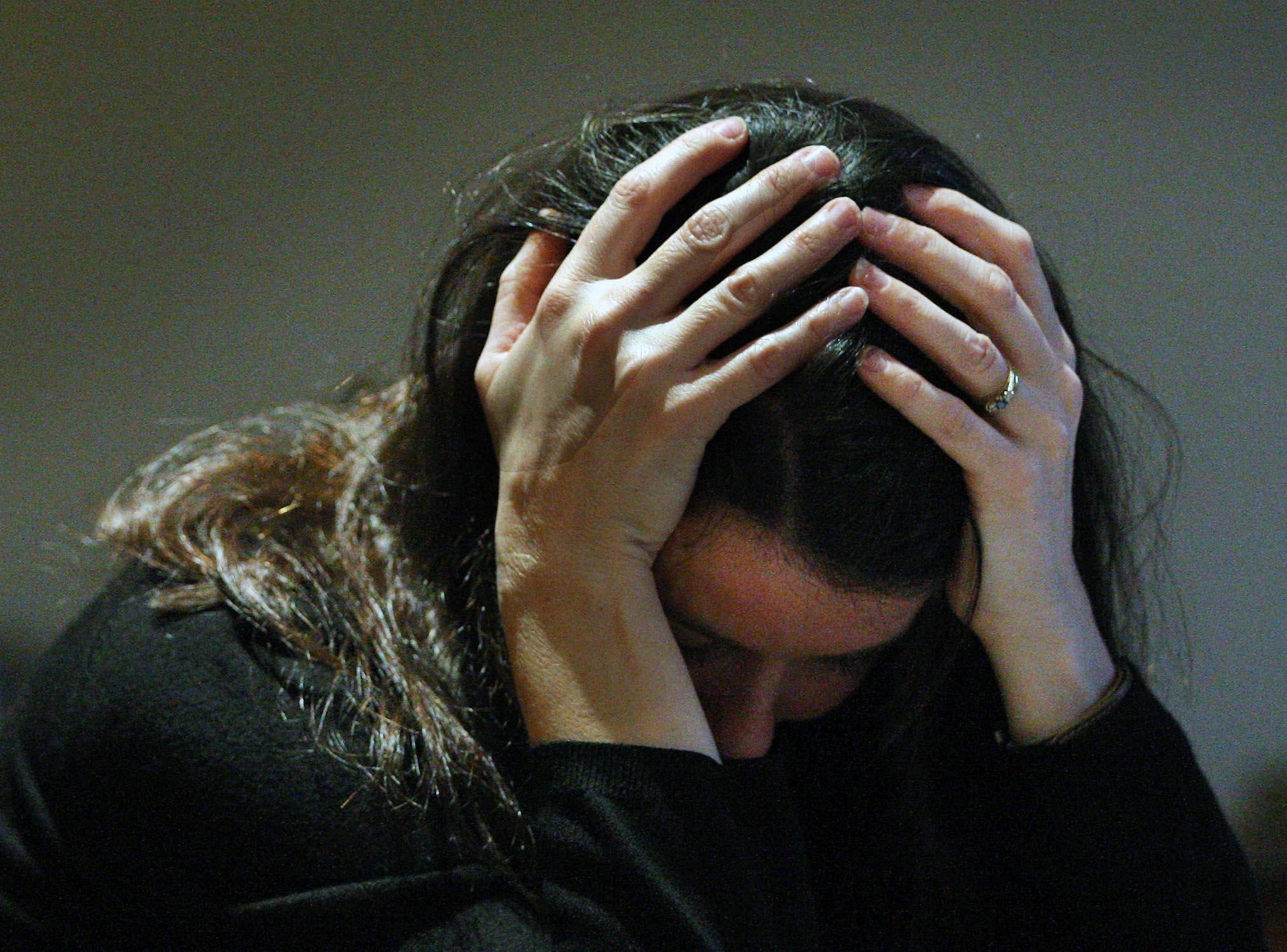Antidepressants: Figures show a rise in people taking the drugs
In 2021/22, some 8.3 million patients received an antidepressant drug, a 6% rise on the previous year when the figure was 7.9 million.

Your support helps us to tell the story
From reproductive rights to climate change to Big Tech, The Independent is on the ground when the story is developing. Whether it's investigating the financials of Elon Musk's pro-Trump PAC or producing our latest documentary, 'The A Word', which shines a light on the American women fighting for reproductive rights, we know how important it is to parse out the facts from the messaging.
At such a critical moment in US history, we need reporters on the ground. Your donation allows us to keep sending journalists to speak to both sides of the story.
The Independent is trusted by Americans across the entire political spectrum. And unlike many other quality news outlets, we choose not to lock Americans out of our reporting and analysis with paywalls. We believe quality journalism should be available to everyone, paid for by those who can afford it.
Your support makes all the difference.There has been a rise in the number of people in England taking antidepressants, new figures show.
According to NHS data, thousands more adults are now taking the drugs, with a rise also seen among children and teenagers.
In 2021/22, some 8.3 million patients received an antidepressant drug, a 6% rise on the previous year when the figure was 7.9 million.
It is the sixth year in a row there has been an increase in both patients and prescriptions. Back in 2016/17, some 7.1 million people were on antidepressants.
Overall, an estimated 83.4 million antidepressant drug items were prescribed in 2021/22, a 5% jump on the previous year.
When it comes to children, some 11,878 youngsters aged 10 to 14 took the drugs in 2021/22, as did 180,455 aged 15 to 19.
This is up from 10,994 and 166,922 the previous year (covering the first year of the pandemic).
In the year before that, 2019/20, some 11,618 children aged 10 to 14 took the drugs as did 174,590 aged 15 to 19.
The data also showed that women were around twice as likely to be prescribed antidepressants as men, with 5.5 million women prescribed the drugs in 2021/22 compared with 2.8 million men.
Alexa Knight, associate director for policy and practice at Rethink Mental Illness, said: “The fallout from the pandemic and the cost-of-living crisis mean we should undoubtedly be concerned around the current pressures on people’s mental health, but the rising number of antidepressant prescriptions could also be a welcome indicator that people feel more comfortable seeking support when they need it.
We know that the wider circumstances of an individual’s life – such as their housing, employment and finances – can have a significant impact on mental health
“However, it’s crucial that people are offered a choice of treatments suitable to their needs and the severity of their symptoms, including for example swift access to talking therapies, so that they can explore what works best for them.
“We’re also concerned that antidepressants and drugs used to treat psychoses are more likely to be prescribed in deprived areas.
“We know that the wider circumstances of an individual’s life – such as their housing, employment and finances – can have a significant impact on mental health.
“Ensuring support in these areas can help an individual recover but more importantly, prevent someone from deteriorating into crisis in the first place.”
The NHS Business Services Authority (NHSBSA) also released figures showing a slight rise in dementia drug prescribing and in the number of dementia patients, to an estimated 4.07 million items prescribed in 2021/22.
It comes after the National Institute for Health and Care Excellence (Nice) said in November that people suffering mild depression should be offered a choice of exercise or therapy instead of antidepressants.
The body recommended group classes in areas such as meditation or behavioural therapy, or opting for individual counselling sessions.
The Nice draft guideline told medics: “Do not routinely offer antidepressant medication as first-line treatment for less severe depression, unless that is the person’s preference.”